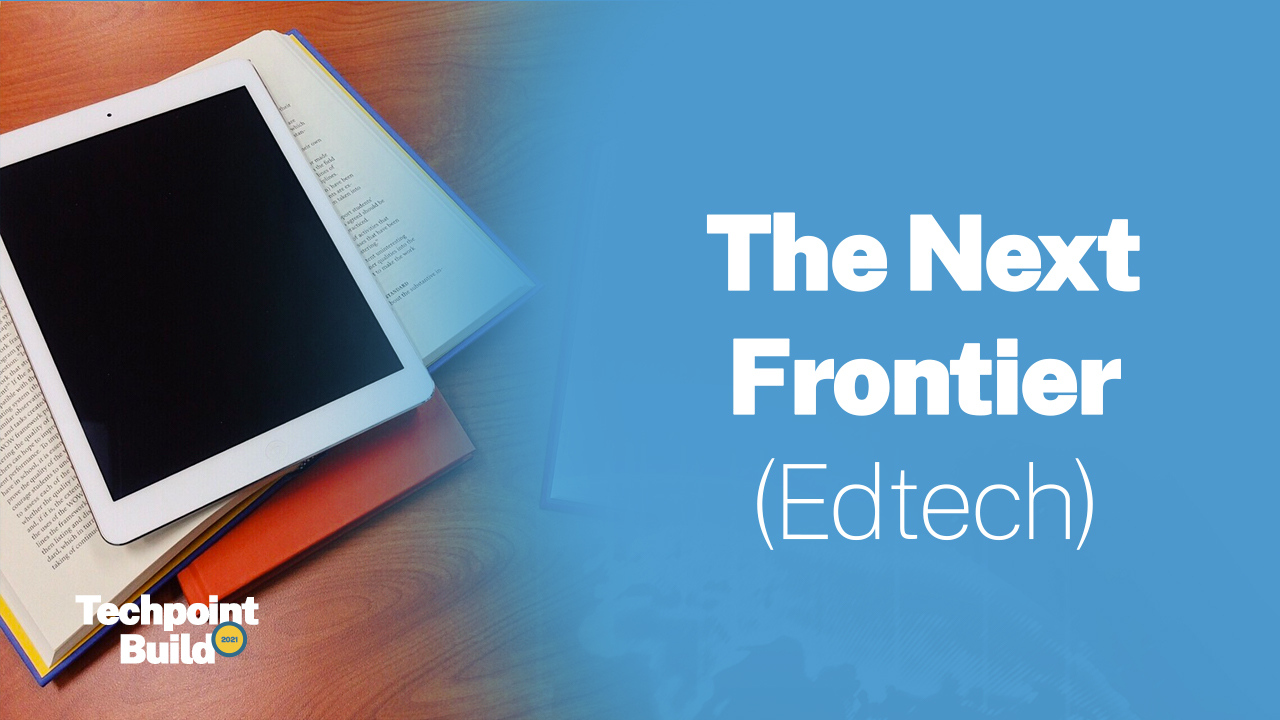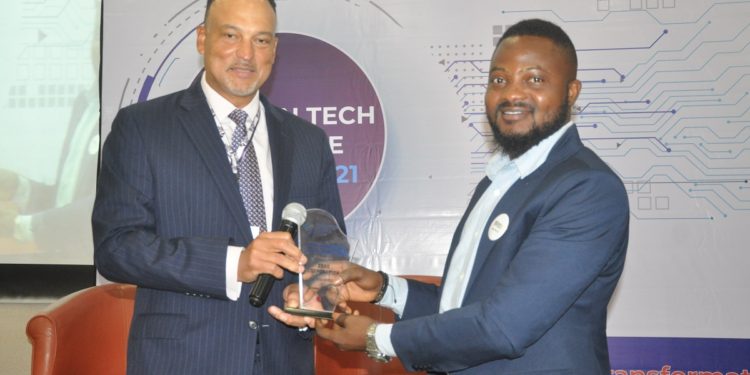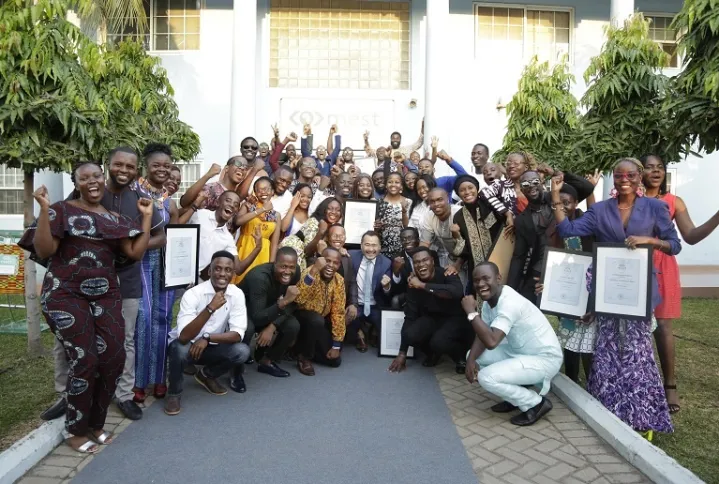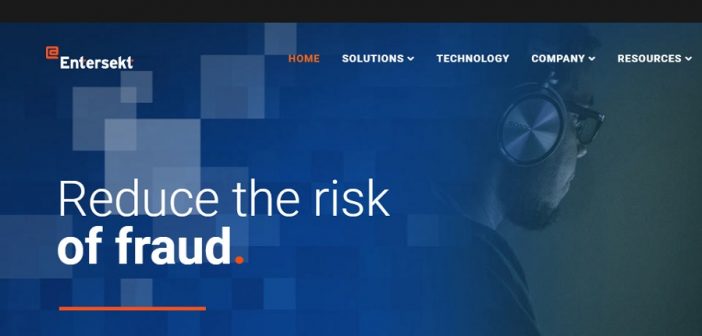What is the next frontier for African edtech startups in terms of technology, funding, and learning models?

“Something good is a frontier; something better is also a frontier and something excellent is just another frontier! You can always go beyond these frontiers! And so what is excellent? Just a frontier!”
— Mehmet Murat ildan
“There exist limitless opportunities in every industry. Where there is an open mind, there will always be a frontier.”
— Charles Kettering
When I think of the word “frontier,” I think of the American Wild West. Why? My first understanding of the term came from a book about the life of one of America’s founding fathers, Benjamin Franklin. I can’t remember the title for the life of me, and Google Search isn’t helping.
But let’s get back to the word frontier. While there are several definitions of the term, we will use the Merriam Webster Dictionary definition for our purposes: “a new field for exploitative or developmental activity.”
What’s the big deal about borders? We’ll get to that at the end of the article, but first, let’s look at some numbers.
The edtech industry in Africa: the now

According to Briter Bridges, there were 210 edtech startups in Africa as of Q1 2020. The African e-learning market is frequently described as nascent. Surprising, given that it is not a new industry on the continent.
The African Virtual University, established by a charter signed by eighteen African member states and established by the World Bank in 1997, is Africa’s first Internet-based school. It also has a physical presence in Nairobi, Kenya’s capital.
The National Open University of Nigeria, established in 2002 as the first of its kind in West Africa, also has a distance learning university.
However, the edtech space has only recently begun to gain traction.
“The edtech industry is at its infrastructure-building phase in Nigeria and Africa,” says Gradely CEO Boye Oshinaga, “where those players who invest in the rails will get a big payoff in the coming years.”
Why is the infrastructure-building phase necessary? Because much of what would power the industry is still in its infancy, much like the edtech space.
Most edtech startups require an Internet connection or, at the very least, a smartphone to be accessed.
According to Internet World Stats, Internet penetration in Africa was 39.3 percent in the first quarter of 2020, significantly lower than the global average of 58.8 percent.
However, the Global System for Mobile Communications (GSMA) predicts that 65 percent of Sub-Saharan Africa will have a smartphone by 2025, up from 50 percent in 2020.
Edtech startups can be found in a variety of fields, including massive open online courses (MOOCs), extended reality learning content, gamified learning, exam preparation, and subject-based instructional content.
Utiva CEO Eyitayo Ogunmola divides them into two categories: edtech and teched. According to him, the former is more concerned with “deploying tech solutions to create learning experiences.” The latter, on the other hand, “focuses primarily on incubating and accelerating talent.”
However, he also introduces some unexpected sectors, such as jobtech, HR tech, and workforce development tech.
“People also believe Jobberman and all hiring platforms are education technology because many of them are now deploying learning as a subset of the value.”
“So, by extension, the education technology industry in Africa is a combination of the three different categories that I’ve mentioned: edtech as a product, teched as a service, and other value creation products and services that are also supercharging the learning side of things.”
Africa’s edtech industry: what lies ahead?
So, what comes next?
Changing business models

Ogunmola is certain that these industries will never merge because “they provide different kinds of value.” While he does not see them merging, he believes the industry is heading in the direction of a harmonious divergence.
Surprisingly, he believes that in the future, edtech will place a greater emphasis on adaptability and new learning models than on technology. When comparing fintechs and edtechs, he claims that the latter will be a combination of APIs and new learning models, whereas the former appears to be primarily API-driven.
“I see a lot of companies adopting new technologies, but I also see a lot of companies adopting new approaches; it’s going to be a mix.” For example, self-paced learning, instructor learning models, gamification to incentivize learning and completion rates, and micro franchising will all be used in the future.
“There are other things, such as virtual reality and augmented reality.” Isn’t Facebook dabbling in the metaverse? That’s what it’ll be about.”
Oshinaga concurs.
“All disruptive technologies, as well as the behavior that will make them widely acceptable over the next ten years, already exist in some form.” They will simply be used more extensively to provide clearer advantages over current systems and eventually win.”
“The future of the industry is AI-driven and personalized, with education delivered in more animated, interactive, and immersive content formats,” he says. Methodologies such as Use of Technology in the Classroom and other widely used methodologies will be empirically tested to demonstrate their utility.”
He also believes homeschooling will grow, citing examples from the United States and the United Kingdom.
“In the future, parents will take charge of their children’s learning and be more proactive in terms of what skills they try to instill in the child or what exposure they want to provide to enrich their children’s future.”
Homeschooling increased during the pandemic, but Africa’s story is split down the middle. Some countries, such as Nigeria, Ghana, and Zimbabwe, have no laws that recognize homeschooling. However, it appears to be illegal in some countries, such as Kenya. Others, such as Zambia, Rwanda, South Africa, and Botswana, have legalized homeschooling.
In fact, in Botswana, it is not compulsory to send your child to school.
While data on homeschooling is not available in most African countries — a challenge we’ll discuss later — South Africa, where homeschooling has been legal for several years, showed a spike during the pandemic’s peak.
Data

Ogunmola and Oshinaga both agree on the emergence and significance of more data in the next frontier of the edtech industry.
“As you deploy technology into the learning space, leaders must aggressively focus on the data that has been generated and use that data to improve the technology because this is the intersection of human behavior and technology,” Ogunmola says.
He goes on to say that how this data is used to help improve learning for the user is far more important than simply collecting it.
“It’s not as simple as saying, ‘I have 50 projects on this platform; go work on them.’ It is a question of whether the platform can provide you with feedback while you are learning in order to improve your capacity. Because, at the end of the day, education is about improving your capacity.”
However, Africa’s data collection and retention structures are quite primitive. Look no further than the identity verification and collection processes in several African countries, as well as the time it has taken to get to this point.
Oshinaga bemoans the lack of data, particularly in the use of government funds without regard for “who needs it more?” or “is this school performing well enough to warrant this funding, or should it be closed and focus shifted to other schools?”
“We will have more data on the performance of teachers and schools at a more global level,” he says, “so it will be clear what donors, governments, investors, and businesses can do about it.”
As we stated in an earlier article, the government would do better to support players looking to assist universities in providing learning for students in order to increase efficacy.
To put it succinctly, “universities would never be edtechs,” says Ogunmola.
“Imagine all universities have the data of all their students,” he says, returning to data collection. Name, email, and phone number, not an email from ten years ago that is no longer valid. If they keep this up to date, they can share the data with us via an API, allowing us to continue to improve the alumni. That is how we will build a much-improved talent ecosystem, not through this disintegrated and disaggregated form of engagement.”
Accessibility/Affordability
As the coronavirus swept cities and students remained at home for an extended period of time in 2020, many K-12 schools and universities went online. This was a watershed moment for edtech, as startups like uLesson saw an increase in users and, as a result, accelerated their expansion plans.
However, due to the availability of the Internet and smartphones, some of these services were out of reach for the majority of users, particularly those in the low and middle income brackets. To assist with this, some countries have turned to tried-and-true radio programs as a means of increasing accessibility and affordability.
According to Yomi Ojo, Founder of SchoolsCompass, the gap between the haves and have nots is a significant challenge for the edtech industry.
“Many of these technologies are designed for the privileged, but they exacerbate the educational gap between them and the less privileged.” School administrators and edtech products are ignoring these issues; it’s a ticking time bomb.”
However, as Ojo points out, edtech startups are not non-profit organizations. He believes that the government should do more to improve Internet access and collaborate with these companies.
Ogunmola and Oshinaga both agree on this point to varying degrees. While both believe that public-private partnerships will be beneficial in the future, Ogunmola believes that there will be more Buy Now, Pay Later (BNPL) models or loans.
According to Ogunmola, Utiva is one of many companies that have already put these ideas into action. TalentQL, too, is doing so through its AltSchool Africa product.
“Why shouldn’t I take out a loan for education if I know it will get me a job?” Ogunmola inquires.
Funding

Since 2019, Africa’s edtech industry has received $20 million in funding, as of August 2021. This is not a large sum of money, especially when compared to global edtech investments, which totaled $18.6 billion in 2019.
However, Oshinaga believes that future investment rounds will be more successful. “We already have a Series A of over $5 million and a seed of $2-4 million.” This pattern is likely to continue.”
Valenture Institute, a South African edtech startup, raised a $7 million Series A round from GSV Ventures in September 2020.
uLesson, a Nigerian edtech startup, raised $7 million in a Series A investment round led by Owl Ventures in January 2021.







